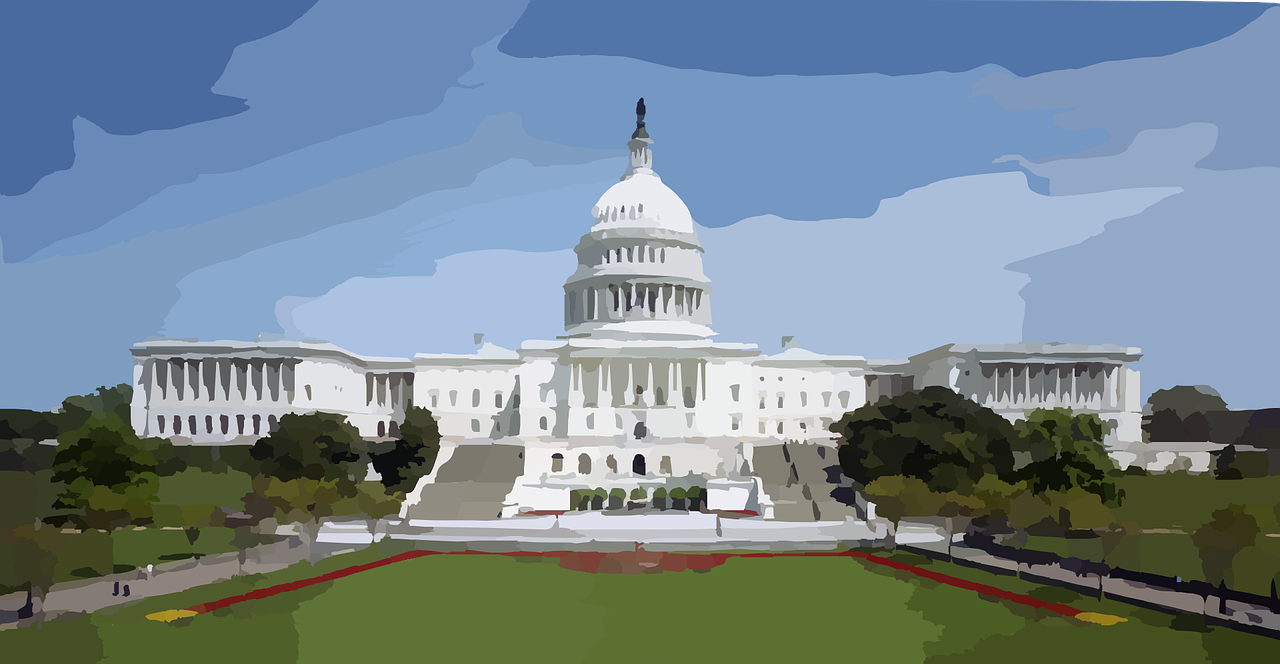The core responsibility of any government, especially one rooted in democratic principles like the United States, is to protect its citizens. This duty, was articulated by John Locke in his book Second Treatise of Government. This work, published in 1689, is part of Locke's larger philosophical text Two Treatises of Government.
In the Second Treatise, Locke develops his theory of the social contract, arguing that governments are formed through the consent of the governed to protect their natural rights. If a government fails to fulfill this fundamental responsibility, Locke asserts that citizens have the right to alter or abolish it. This work significantly influenced modern democratic thought, including the United States Declaration of Independence. As the United States faces pressing challenges in the coming years, it is essential to hold its leaders accountable to this principle.
Protection Beyond Borders
The protection of citizens extends beyond military strength or border security. It includes ensuring public health, environmental safety, and economic stability. Recent years have highlighted the critical need for robust public health systems, as well as policies that address environmental degradation and its disproportionate impact on vulnerable communities.
Leaders at all levels must prioritize strengthening public health infrastructure, implementing effective environmental protections, and fostering economic resilience. Every policy must be guided by the question: Does it serve to protect the lives and livelihoods of the American people?
Ways to Hold Government Accountable
Ensuring that the United States fulfills its duty to protect citizens requires active oversight and engagement. Several mechanisms can be employed to hold leaders accountable:
Congressional Oversight: Congress has the authority to scrutinize executive actions through hearings, investigations, and legislation. Bipartisan efforts are vital to ensure this oversight remains effective and not hindered by political divides.
Judicial Review: The courts serve as a check on executive and legislative actions, ensuring they align with the Constitution. Legal challenges can help prevent overreach and protect citizens’ rights.
Media Transparency: A free press is essential for exposing misconduct and informing the public. Supporting credible journalism ensures that government actions face constant scrutiny.
Civil Society Engagement: Advocacy organizations play a crucial role in holding leaders accountable, whether by lobbying for better policies or mobilizing public opinion.
Public Participation: Citizens can influence governance through voting, peaceful protests, and direct communication with representatives. A well-informed and engaged electorate is a cornerstone of accountability.
Whistleblower Protections: Encouraging individuals within government to expose wrongdoing ensures transparency and accountability. Strengthening whistleblower laws helps prevent retaliation.
Transparency Initiatives: Open government operations, accessible through tools like Freedom of Information Act (FOIA) requests, allow citizens and organizations to monitor decision-making processes.
Safeguarding Democracy
Protecting citizens includes defending the democratic processes that ensure liberty and justice. Election integrity, adherence to the rule of law, and peaceful transfers of power are essential components of this protection. Leaders and institutions must remain committed to these principles, and any attempts to undermine them should be met with swift legal and public action.
Protecting the Social Safety Net
For many Americans, protection means economic stability and access to basic needs such as healthcare, education, and housing. These are not luxuries; they are safeguards against insecurity and precursors to opportunity. Policies that erode the social safety net endanger the well-being of millions and weaken the nation's foundation.
Government leaders must focus on strengthening healthcare systems, ensuring affordable housing, and investing in education. These measures are not only moral imperatives but also practical steps toward creating a more resilient society.
Addressing Divisions
One of the greatest threats to the nation’s stability is internal division. Political, racial, and economic divides have widened in recent years, leaving communities fractured and vulnerable. Addressing these divides requires leadership that unites rather than polarizes. Efforts to promote equity, inclusion, and dialogue are essential for fostering national unity.
Citizen Accountability
While the government has the responsibility to protect, citizens have an equally important role in ensuring their leaders fulfill this duty. Active engagement in governance strengthens accountability and ensures that public policies reflect the people's needs. Here are ways individuals can contribute:
Stay Informed: Follow credible news sources and educate yourself about the policies affecting your community and country.
Participate in Elections: Vote in all elections, from local to national, to influence the direction of governance.
Advocate for Change: Join organizations, attend town halls, and engage in peaceful protests to voice concerns and promote better policies.
Contact Representatives: Reach out to elected officials to share your views and push for legislation that prioritizes citizen protection.
Educate Others: Share reliable information and encourage civic participation within your community.
Conclusion
The responsibility to protect citizens must remain at the forefront of governance in the United States. From public health and environmental stewardship to democratic integrity and social safety nets, this duty serves as the benchmark for effective leadership. Accountability is not the sole responsibility of elected officials; it is a collective effort that involves citizens, lawmakers, and institutions.
By utilizing oversight mechanisms, engaging in public action, and demanding transparency, we can ensure that leaders uphold their duty to protect. This vigilance will strengthen the social contract that underpins American democracy, ensuring a future where the protection of citizens remains the government’s central priority. Together, we can reaffirm the principles that define the United States and work toward a nation that truly serves its people.




